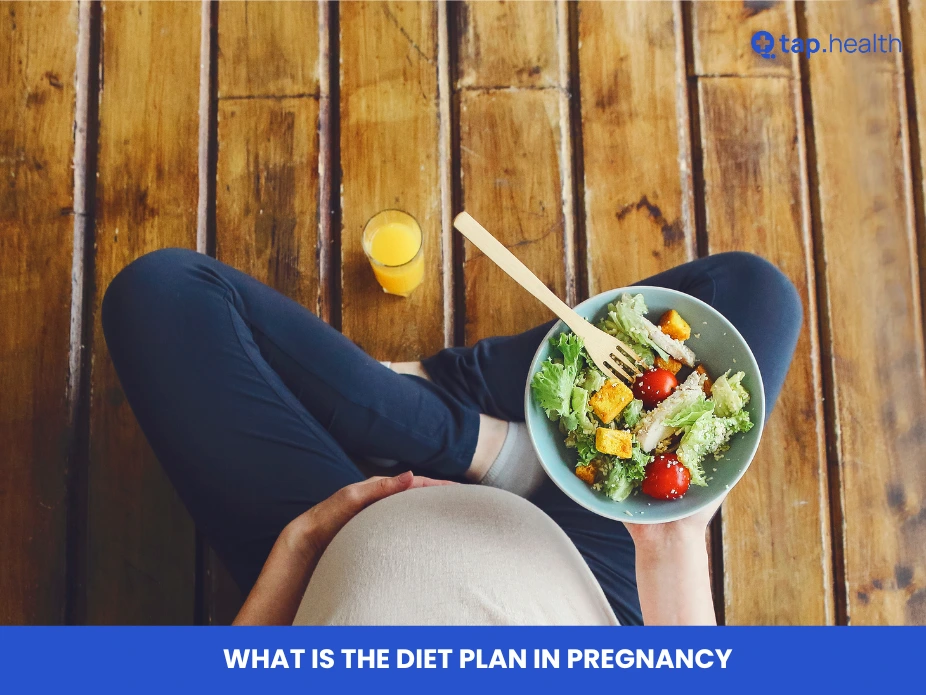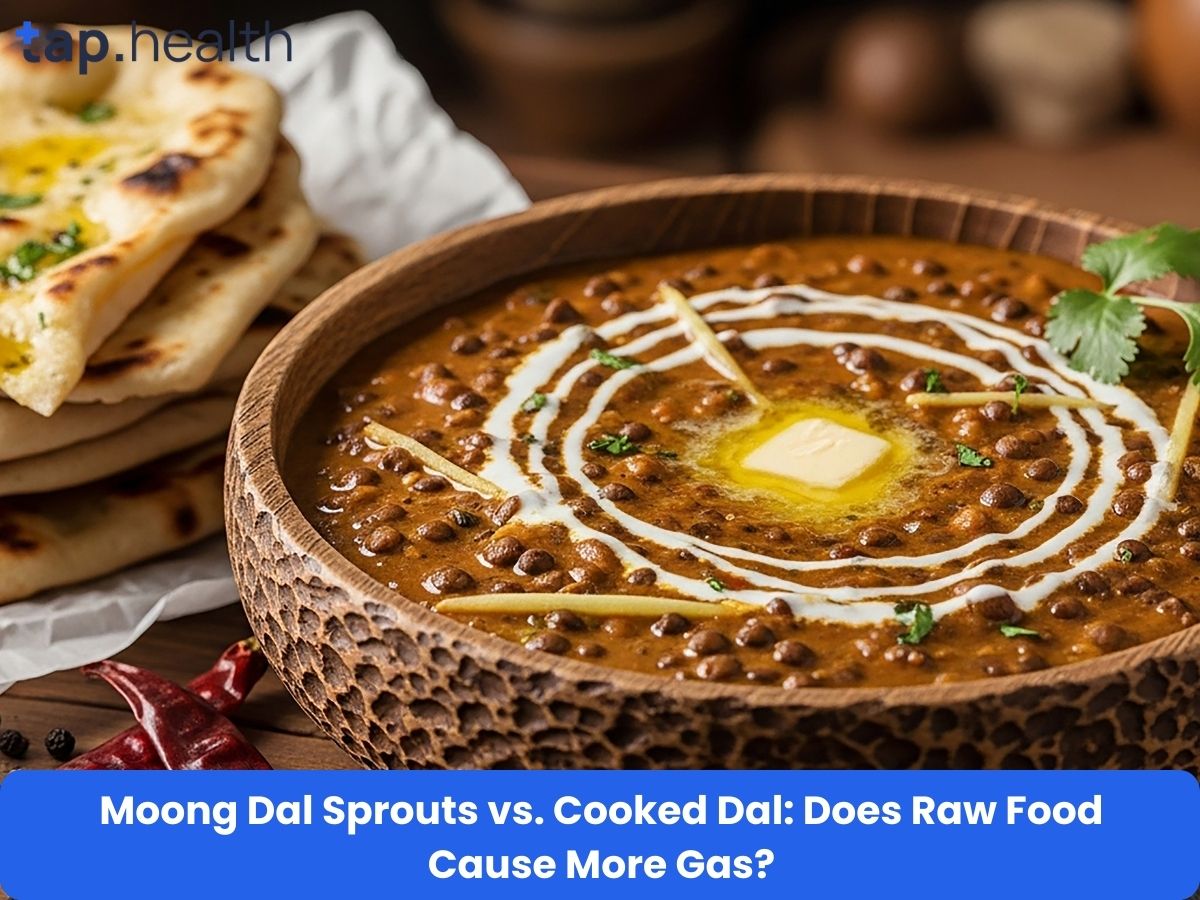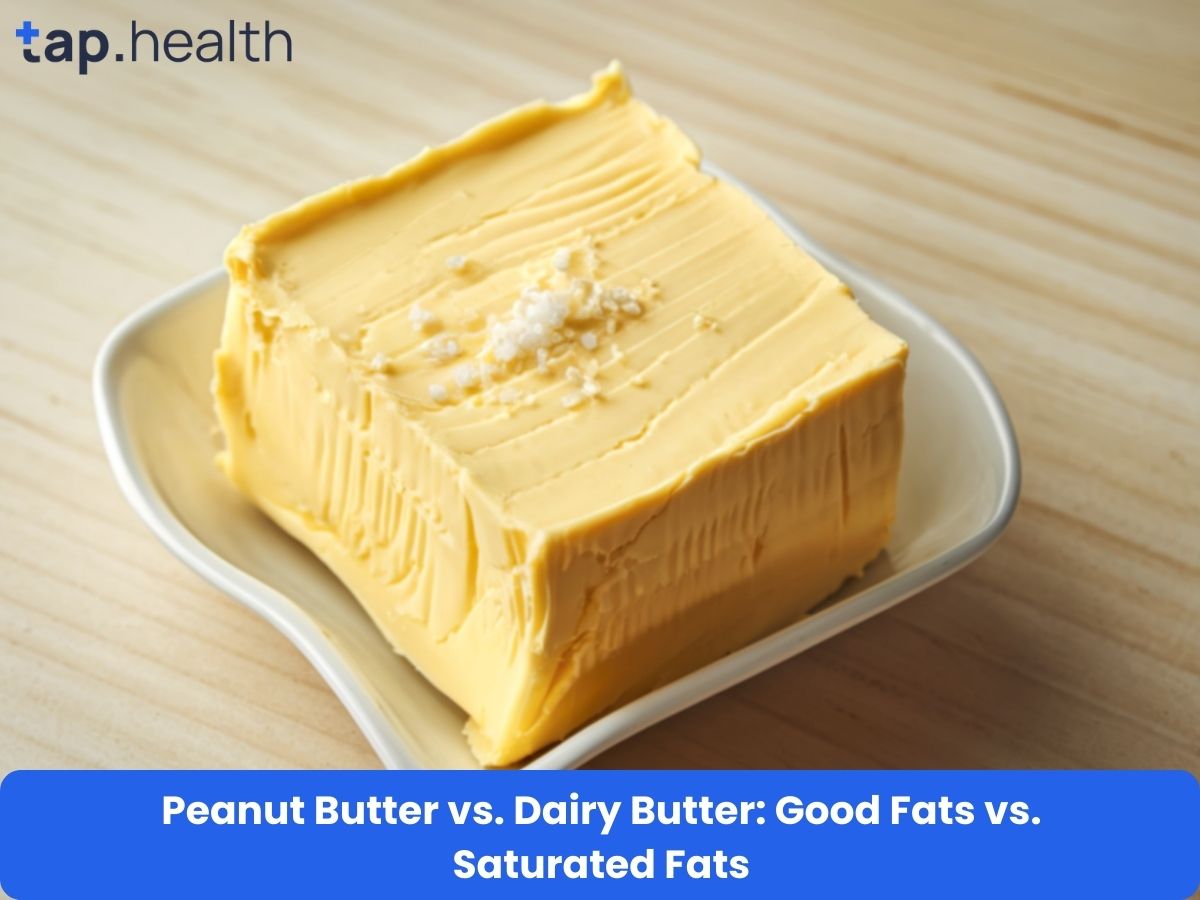Pregnancy nutrition plays a vital role in supporting maternal health and fetal development. A well-structured pregnancy diet plan ensures adequate intake of essential nutrients, preventing complications while promoting optimal growth.
Why is Nutrition Important During Pregnancy?
Proper nutrition during pregnancy helps maintain energy levels, supports healthy weight gain, and aids postpartum recovery. It reduces risks of gestational diabetes, preeclampsia, and anemia, while fostering baby’s brain, bones, and organs.
Key Benefits of Balanced Pregnancy Nutrition
- Prevents birth defects
- Boosts immune function
- Enhances oxygen delivery to fetus
Essential Nutrients in Pregnancy Diet Plan
Focus on these core elements for a nutrient-rich pregnancy meal plan.
Folic Acid for Neural Tube Development
Folic acid prevents spina bifida and anencephaly. Aim for 600-800 mcg daily.
Sources: Spinach, kale, fortified cereals, beans, oranges.
Iron to Combat Pregnancy Anemia
Iron supports increased blood volume and fetal growth. Prevents low birth weight.
Sources: Lean chicken, beef, lentils, spinach, fortified cereals.
Calcium for Baby’s Bones and Teeth
Calcium builds strong skeletal structure. Target 1,000 mg daily.
Sources: Milk, yogurt, fortified plant milks, tofu, sardines.
Protein for Fetal Tissue Growth
Protein develops brain, muscles, and maternal tissues.
Sources: Eggs, fish, nuts, seeds, legumes, dairy.
Omega-3 Fatty Acids for Brain and Eye Health
Omega-3s reduce inflammation and support cognitive development.
Sources: Salmon, chia seeds, walnuts, flaxseeds.
Vitamin D for Calcium Absorption
Vitamin D strengthens bones and immune system. Need 600 IU daily.
Sources: Fortified dairy, egg yolks, fatty fish, sunlight.
Sample Daily Pregnancy Meal Ideas
Create a balanced pregnancy eating schedule with variety.
Breakfast Options
- Boiled eggs with spinach on whole grain toast
- Oatmeal with berries and fortified orange juice
Morning Snack
- Handful of almonds
- Fresh fruit like apple or banana
Lunch Ideas
- Grilled chicken salad with quinoa
- Tofu mixed greens with olive oil dressing
Afternoon Snack
- Carrot sticks with hummus
- Hard-boiled egg
Dinner Suggestions
- Baked salmon with broccoli and sweet potato
- Leafy salad and milk
Evening Snack
- Mixed fruit bowl
- Cottage cheese
Foods to Avoid in Pregnancy Diet
Steer clear of raw meat, high-mercury fish (swordfish), unpasteurized dairy, and undercooked eggs to prevent foodborne illnesses.
How Many Calories Needed During Pregnancy?
Add 300 extra calories in second and third trimesters. Consult doctor for personalized pregnancy calorie intake.
Real-Life Pregnancy Nutrition Success Story
Emma incorporated leafy greens, lean proteins, and dairy daily. Combined with prenatal vitamins, her healthy pregnancy diet led to a thriving baby delivery.
Expert Tips on Healthy Eating While Pregnant
Dr. Rachel Simmons advises: “Prioritize whole foods—fruits, vegetables, grains, proteins, fats. Use prenatal vitamins as supplement.”
Research-Backed Pregnancy Nutrition Facts
- Folic acid reduces neural tube defects by 70% (The Lancet, 2006)
- Adequate iron lowers anemia risk (American Journal of Clinical Nutrition, 2010)
- Omega-3s enhance brain development (Pediatrics, 2016)
- Calcium prevents future osteoporosis (Journal of Clinical Endocrinology & Metabolism, 2017)
Prenatal Vitamins: Necessary Addition?
Yes, prenatal vitamins fill gaps in folic acid, iron, calcium intake during pregnancy.
Can You Follow Weight Loss Diet in Pregnancy?
No, focus on nutrient-dense foods instead. Healthy weight gain supports baby.
Building Your Personalized Pregnancy Food Plan
Incorporate variety from all food groups. Track intake of pregnancy superfoods like berries, nuts, greens.
First Trimester Nutrition Focus
Combat nausea with small, frequent meals rich in ginger, crackers, proteins.
Second Trimester Meal Planning
Increase calories; emphasize iron-rich foods for blood volume expansion.
Third Trimester Diet Adjustments
Boost calcium and omega-3s for final growth spurts.
Hydration in Pregnancy Diet
Drink 8-10 glasses water daily. Supports amniotic fluid and prevents constipation.
Vegetarian Pregnancy Diet Options
Rely on beans, lentils, tofu, nuts, fortified foods for complete nutrition.
Managing Cravings in Healthy Pregnancy Eating
Satisfy sweet tooth with fruits; salty with nuts. Balance indulgence with nutrients.
Postpartum Nutrition Transition
Continue nutrient focus for recovery and breastfeeding support.
Common Myths About Pregnancy Food Chart
Myth: Eat for two doubles calories. Fact: Only 300 extra needed later.
Gestational Diabetes Diet Management
If diagnosed, monitor carbs, choose low-glycemic foods like whole grains, veggies.
Iron Deficiency in Pregnancy Solutions
Pair plant iron with vitamin C sources for better absorption.
Calcium-Rich Snacks for Pregnant Women
Yogurt parfaits, cheese sticks, almond milk smoothies.
Omega-3 Supplements During Pregnancy
Safe fish oil options if diet lacks fatty fish. Consult provider.
Folic Acid Foods List Expanded
Beyond greens: Avocados, asparagus, Brussels sprouts, peanuts.
Protein-Packed Breakfast for Pregnancy
Greek yogurt with seeds, egg muffins with veggies.
Lunch Bowls for Busy Moms-to-Be
Quinoa, chickpeas, feta, cucumber combinations.
Dinner Recipes Safe for Pregnancy
Herb-baked chicken, lentil stew, veggie stir-fry with brown rice.
Snack Ideas to Curb Hunger
Apple slices with peanut butter, trail mix, cheese cubes.
Morning Sickness Friendly Foods
Bland options: Bananas, rice, toast, ginger tea.
Energy-Boosting Pregnancy Snacks
Dates with nuts, smoothie with spinach and banana.
Bone Health Foods Beyond Dairy
Sesame seeds, figs, broccoli, oranges.
Brain Food for Baby Development
Include walnuts daily; salmon twice weekly.
Anemia Prevention Meal Plan
Combine meat with bell peppers for enhanced iron uptake.
Neural Tube Defect Prevention Diet
Start folic acid pre-conception; continue through first trimester.
Healthy Weight Gain Tracking
Aim 25-35 pounds total for average BMI. Monitor with provider.
Cultural Pregnancy Diet Variations
Adapt traditional meals: Add greens to curries, beans to rice dishes.
Budget-Friendly Pregnancy Grocery List
Eggs, oats, frozen veggies, canned beans, seasonal fruits.
Organic vs Conventional Produce in Pregnancy
Prioritize clean fifteen; wash all thoroughly.
Caffeine Limits in Pregnancy Diet
Under 200 mg daily; one coffee or two teas.
Alcohol and Pregnancy: Zero Tolerance
Complete avoidance prevents fetal alcohol syndrome.
Herbal Teas Safe During Pregnancy
Peppermint, ginger; avoid unknown blends.
Exercise Pairing with Pregnancy Nutrition
Light walks enhance nutrient utilization.
Sleep and Diet Connection in Pregnancy
Magnesium-rich foods like spinach aid rest.
Skin Health Nutrients for Pregnant Women
Vitamin C from citrus prevents stretch marks.
Hair and Nail Support Foods
Biotin in eggs, avocados maintains strength.
Immune Boosting Pregnancy Foods
Yogurt probiotics, garlic, citrus vitamin C.
Constipation Relief Diet Tips
Fiber from pears, prunes, whole grains; ample water.
Heartburn Management Meals
Small portions; avoid spicy, fried foods.
Edema Reducing Foods
Potassium-rich bananas, spinach counter swelling.
Vision Development Support
Carrots, sweet potatoes for vitamin A.
Dental Health in Pregnancy Diet
Cheese neutralizes acids; limits sugar.
Mood Stabilizing Nutrients
Omega-3s, B vitamins from greens reduce anxiety.
Labor Preparation Foods
Dates in late pregnancy may ease delivery.
Breastfeeding Prep Nutrition
Increase calories 500 post-delivery; continue variety.
Partner Support in Pregnancy Meals
Shared cooking reinforces healthy habits.
Tracking Apps for Pregnancy Diet
Use MyFitnessPal, What to Expect for logging.
Doctor Consultation Timing
Discuss plan at first prenatal visit; adjust as needed.
Emergency Nutrition Signs
Persistent fatigue signals check iron levels.
Sustainable Pregnancy Eating Habits
Build lifelong patterns for family health.
Conclusion: Embrace Your Pregnancy Nutrition Journey
A thoughtful pregnancy diet plan empowers mothers with vitality and babies with strong foundations. Integrate diverse, whole foods daily for transformative results.



